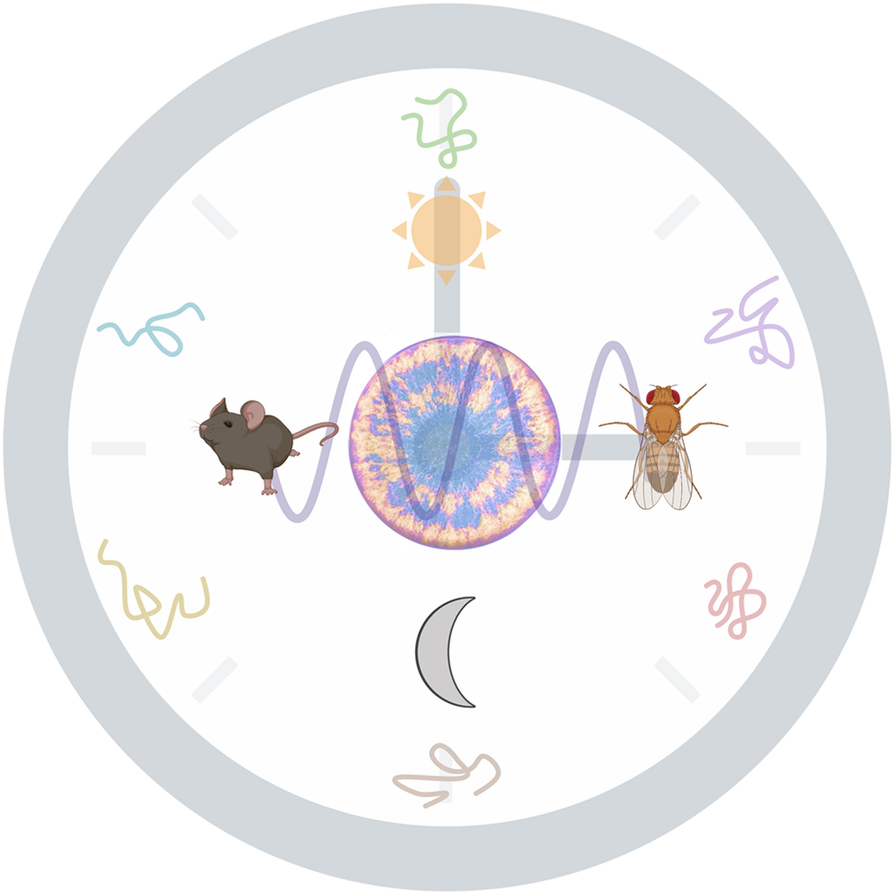GreekDemiGod
Member
I was discussing with a female coworker various topics and she mentioned how she woke up at 6am that day and was very productive. We are both late 20s / early 30s age bracket. In contrast, I find it very hard to wake up at 6am, I barely can get myself to wake up at 8/9, as I work from home. And even then, I'm groggy for a good part of the morning, up until 11/12am. While she wakes up at 6am and is all fired up for work at 7am.
My theory is that early risers are in good metabolic health, and how easily do you wake up in the morning is a marker for said metabolic health.
My theory is that early risers are in good metabolic health, and how easily do you wake up in the morning is a marker for said metabolic health.



